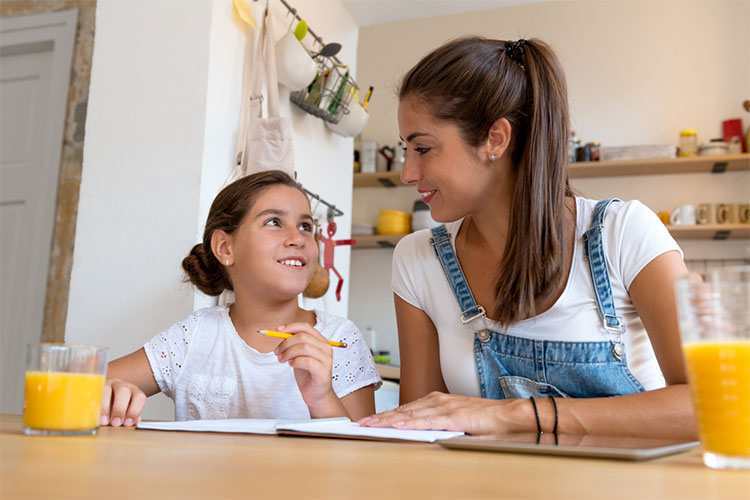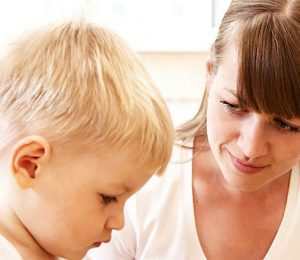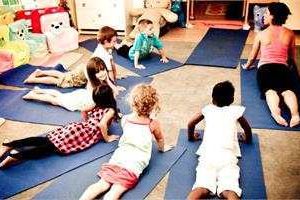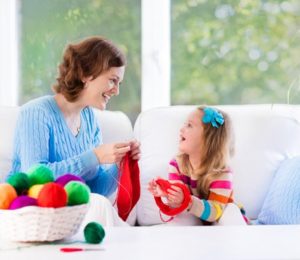If you have young kids, hosting an exchange student may not have occurred to you. But it should! Welcoming a university or high-school student from another country into your home can be a great way to expand your kids’ horizons—and yours too.
If you’ve got an extra bedroom, an open mind, and a sense of adventure, you can provide someone with the opportunity of a lifetime. Here are just a handful of ways hosting an exchange student may benefit your family.
1. Expand kids’ horizons.
Learn about another part of the world without leaving your own home. Through their exchange “sibling”, kids gain a wealth of knowledge about a world outside their own, and get firsthand exposure to another culture and language.
Your live-in student may teach your family their native language, share holiday traditions, prepare meals they are used to having at home, and even invite your family to visit them at home once the program is over.
2. Get a helping hand.
Let’s be clear, exchange students are here to gain experience and study, not to work as your your live-in nanny. But some programs do encourage treating students as part of the family, which can mean pitching in with household chores: playing with the kids while you prepare dinner, for example.
Through the Canada-Mexico Cultural Exchange Program, Mexican university students actually provide free childcare in exchange for room and board. Students are expected to “provide assistance with the children, run errands, etc., as any other member of the family would do”.
Naomi Leichner, who hosted three successive students through that program (the first when her children were ages 5 and 3) says, “It was great for getting extra help with the kids—especially having someone to help with the morning craziness of getting everyone out of the house once I went back to work.”
3. Boost kids’ confidence.
It can be eye-opening for young kids to realize that they have something to teach. Exchange students are learning English and cultural norms from you and your kids. Seeing an older person make little slip-ups as they navigate a new language and culture may give kids the confidence to do the same, both academically and socially.
4. Shake up the family dynamic.
A shift in your routine can be a good thing. Your oldest child might benefit from becoming the middle for a while, or from having an older person to look up to. It can be a relief for you and your kids to have another person to play with or give some extra attention. For a stay-at-home-mom, having someone around just for conversation is key.
5. Do good. Feel good.
For many exchange students, visiting Canada and improving their English is a lifelong dream that will open job opportunities for them at home. Science has shown that happiness and generosity are linked: doing for others makes us feel better and can even improve our health.
It doesn’t hurt that you and your kids will have developed a lasting friendship with someone in another part of the world. Margarita De Antuñano, director of the Canada-Mexico Cultural Exchange Centre, says “Through the years I have witnessed they tight bond of friendship between the family and the candidates. It is common for the Canadian family to be invited to their weddings and/or holiday together in different parts of the world.”
Eleven years later, Naomi Leichner’s family is still in contact with their first exchange student, and did attend her wedding, where it was their turn to be treated like a part an adopted family.
You can host exchange students through independent placement agencies and nonprofits, religious or cultural organizations, and individual universities, colleges, private schools, and language schools.
This post has been brought to you by the Canada-Mexico Cultural Exchange Centre, but the opinions are our own.





